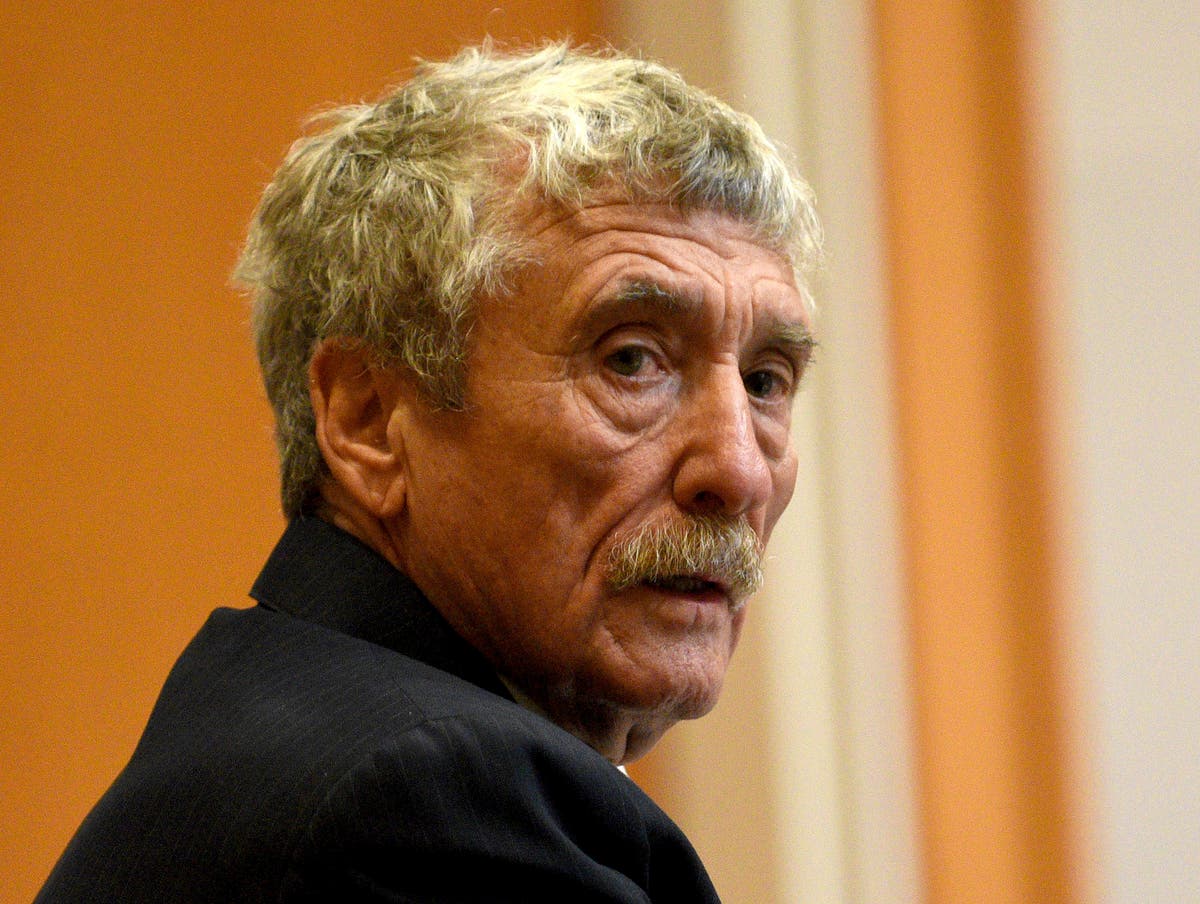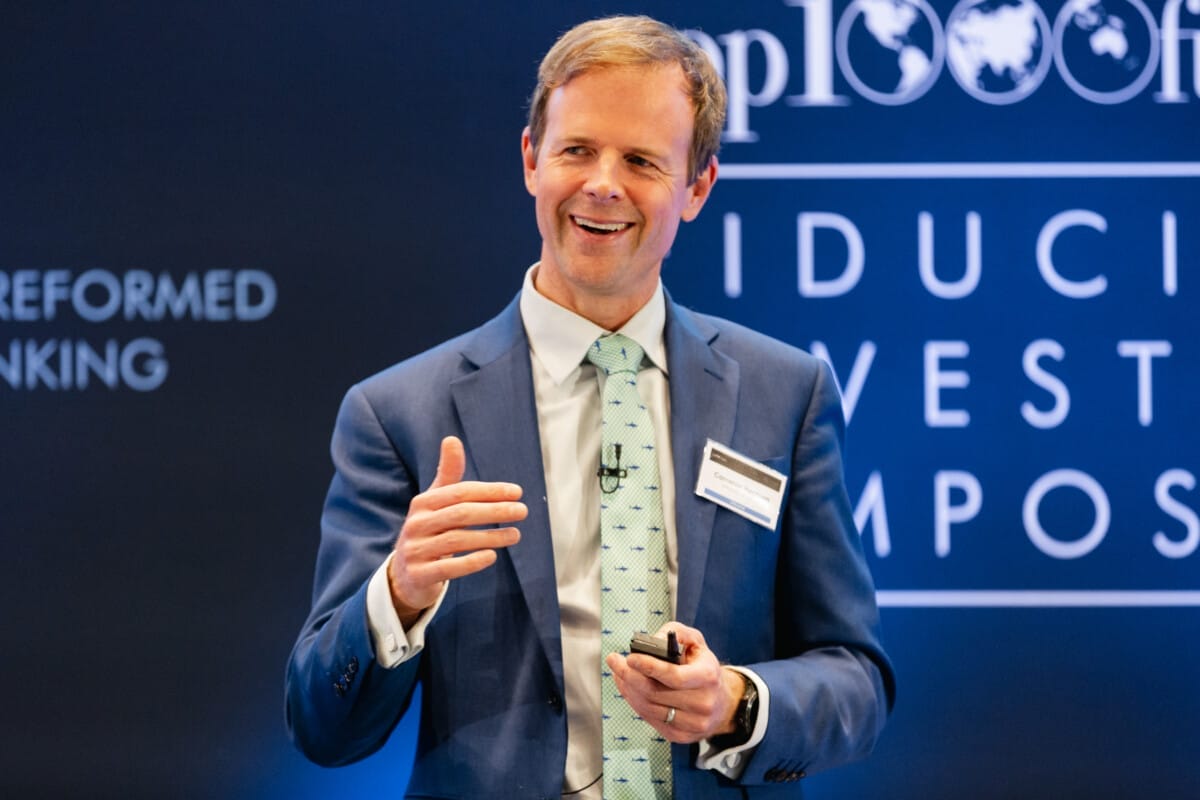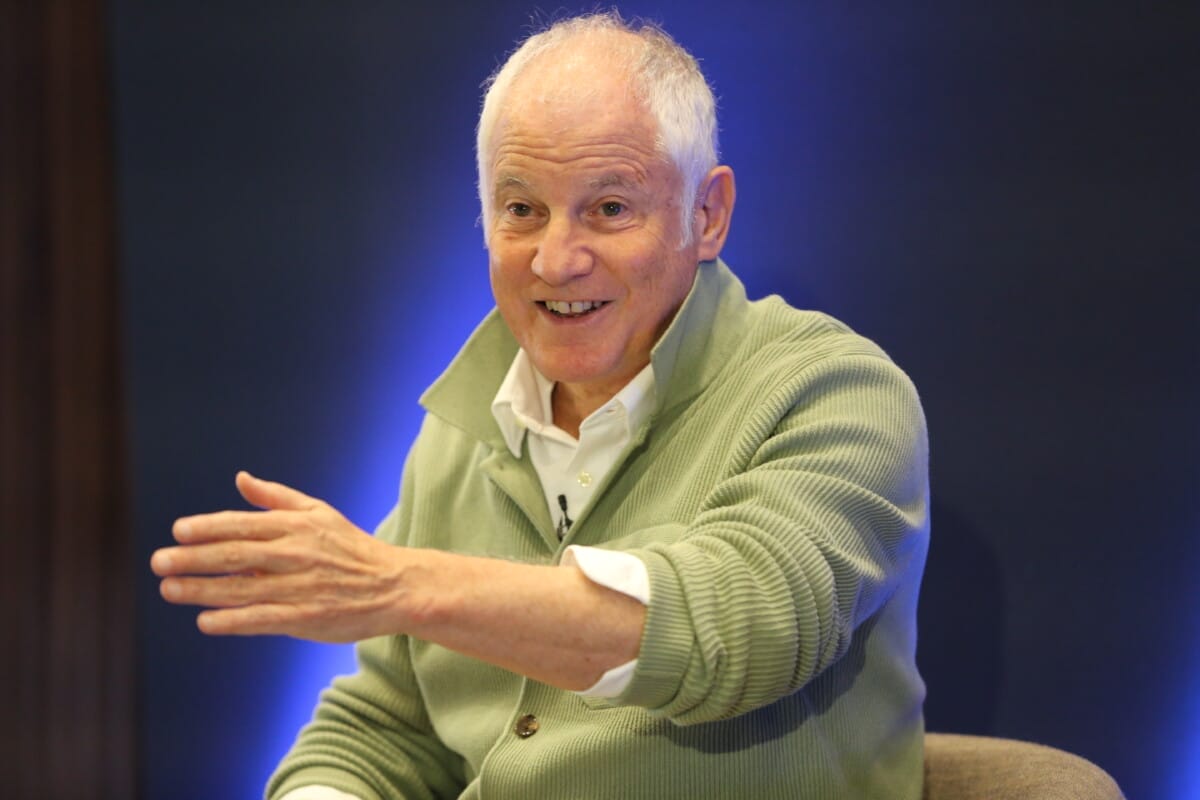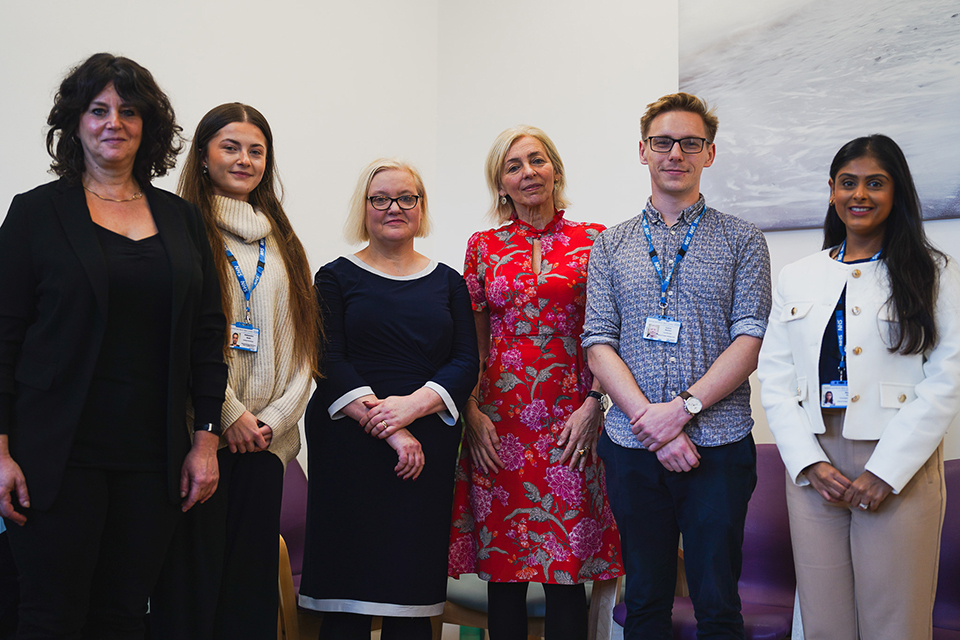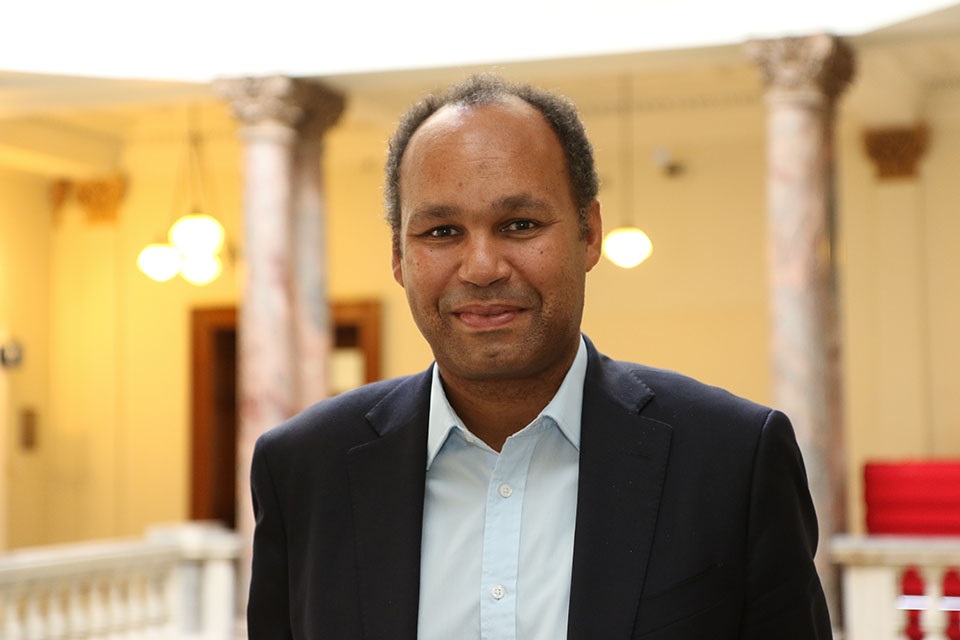- Concrete steps to fix the foundations and rebuild Britain’s public services to make them fit for generations to come.
- More than £2 billion to upgrade NHS technology and £1 billion to deal with massive NHS maintenance backlog.
- NHS will deliver 2% productivity growth in new commitment.
New technology and functioning hospitals will be the first priority in the Government’s ambition to modernise the NHS and make it fit for the future.
More than £3 billion has been set aside to mend the crumbling wards and bring healthcare tech into the 21st century – to give patients the right care, in the right location, with the right technology.
It’s only with this new technology and functioning hospitals that the NHS can begin to reform in earnest – and create a health service that can thrive for generations to come.
This is part of the Chancellor’s record-breaking £22.6 billion increase in day-to-day spending and £3.1 billion capital boost for the Department for Health and Social Care from 2023/24 to 2025/26, which will reduce waiting times and rebuild the NHS.
Paired with reforms set out in the Government’s 10-Year Health Plan, this overdue injection of capital spending will fix the foundations and make the delivery of healthcare more efficient for generations to come. It will move us from hospital to community, analogue to digital, and from sickness to prevention.
It comes alongside a commitment to deliver 2% productivity growth to the nation’s healthcare system.
Prime Minister, Rt Hon Keir Starmer, said
We’re fixing the foundations to deliver change – by fixing the NHS and rebuilding Britain, while ensuring working people don’t face higher taxes in their payslips.
Yesterday’s budget marks a huge step towards that – setting us on the path to make our public services fit for the future.
This new settlement follows a shocking report by Lord Darzi earlier this year, which laid bare the chronic underinvestment in both facilities and technology that has been stunting the NHS.
He concluded the last decade was a “missed opportunity” to prepare the NHS for the future and embrace the technologies that would enable a shift in the model from ‘diagnose and treat’ to ‘predict and prevent’— something he warned about 15 years ago.
Yesterday’s budget puts an end to that – with £2 billion set aside to tilt the NHS towards technology and £1 billion to deal with the bulging backlog of maintenance work that has left hospitals on their knees.
The investment of more than £2 billion will transform the way NHS staff work as the service looks to harness new technologies to free up their time so they can focus on the care and treatment of patients.
The £1 billion will tackle critical repairs and the NHS maintenance backlog which has built up since 2010; something highlighted by Lord Darzi, which has meant the NHS has been left in a ‘critical condition’.
Chancellor of the Exchequer, Rt Hon Rachel Reeves, said
This was a Budget to fix the foundations and deliver change – starting by fixing the NHS.
It’s a service that matters to so many of us and this is us delivering on our promise of change.
Health and Social Care Secretary, Wes Streeting, said
We’re on a mission to fix our broken NHS by driving fundamental reform, to bring our analogue health service into the digital age. We will put the latest kit in the hands of NHS staff and use modern technology to give patients real control over their own healthcare.
Through our 10-Year Health Plan we will cut waiting lists, reduce waiting times and get the health service delivering for patients and staff once again.
Dr Vin Diwakar, NHS National Director for Transformation, said
The NHS has already made £2 billion of efficiency savings so far this financial year, and the Chancellor’s confirmation of funding for next year will allow us to continue to roll out technology to improve productivity and switch services from analogue to digital.
Whether it is critical estates maintenance, cyber security or digitising patient records, the NHS is committed to working with the Government in the coming months to fix the foundations of the health service, while also transforming for the future.

